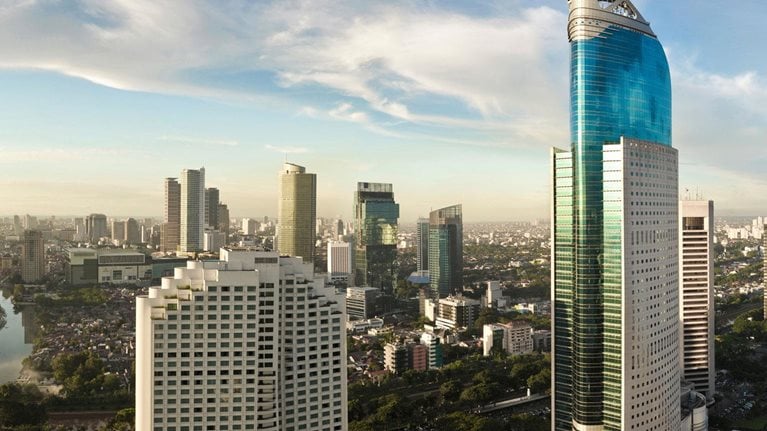The member states of the Association of Southeast Asian Nations (ASEAN) not only collectively comprise the world’s eighth largest economy, they are among the world’s most enthusiastic adopters of new technology. In this interview, the president of Microsoft Asia Pacific, César Cernuda, and Microsoft’s vice president of original-equipment sales, Alvaro Celis, discuss the opportunity the ASEAN region presents. An extended and edited transcript of their comments follows.
Interview transcript
Identifying ASEAN opportunities
César Cernuda: When you think about how the world is changing—and about Microsoft focusing on this mobile-first, cloud-first world—you think how the ASEAN people are using the technology. This is a really good opportunity for us.
Alvaro Celis: When you talk to customers, partners, and governments, you can clearly see the momentum and the opportunity that everyone shares and how exciting that opportunity is. You can also see how different centers are being mobilized, and people with concrete plans on how to expand and get the most out of the asset opportunity. For us, we think about how do you create the right partnership across borders to ensure that you can go and further your impact? How do you drive innovation in a completely different way and think about technology in a completely different way?
César Cernuda: You’re going to think about how people adjust to mobility—markets like Vietnam, where there are more SIM cards than people. For us, it’s a very important market—we have almost 30 percent market share with Windows Phone. The way people are using cloud services is now seen as a great proxy for what is going to happen in other markets, how people are using social networks: Jakarta is, for example, the city that has the most number of tweets in the world; the Philippines is a country of selfies. Basically it was using mobility—phones, tablets, laptops—and sharing things on different social networks, which is cloud computing. All of these dynamics are really a key differentiator for ASEAN compared with other parts of the world—especially if you look into the youth of the population. There are markets like Indonesia, where the average age is 25 years old, or the Philippines—there’s approximately 150 million students [in the ASEAN region].
Harnessing new technologies
César Cernuda: One of the most important things is to look to technology as a real enabler—not only to help ASEAN succeed but for ASEAN businesses and people to really achieve more and to be able to do more. There’s no doubt that having the right infrastructure for people to access the technology, in this case cloud-computing mobility, is key.
If you look into the progress made in the ASEAN countries in recent years on the infrastructure business, it’s amazing. When you think about cloud computing for a large enterprise, there are great assets on it. For a large enterprise where you look into its economy of scale, basically, people can go and reduce costs by accessing all these services through a third party. And one thing which is very important: pay per use. People, basically, pay what they use. And what they’re not using or what they don’t need, they don’t pay any more for that. So that’s a great breakthrough, accessing all this technology.
One of the great things about cloud computing is that, for small businesses, it’s exactly the same. For the first time, small businesses have full access to the same technology as large organizations but in an affordable way because they also pay per use. So if a small business is five people, they only need to have access to the same technology for five people.
Operating in ASEAN
César Cernuda: ASEAN is an amazing, diverse region. Even some of the countries themselves inside ASEAN have different languages, cultures, religions. I had the pleasure of running our sales market in our organization for Latin America. We were stuck in a great emerging market with a lot of diversity, but one of the biggest differences is you have pretty much the same language in all countries; same religion in most of the countries. So ASEAN is just an amazing difference.
Alvaro Celis: The Microsoft ecosystem is the biggest one in the technology industry. We [directly and indirectly] employ more than a million people in the ASEAN region, and our partners exchange business across them. I’m really looking forward to having the opportunity to expand those partnerships, not only within countries but across the whole community.

